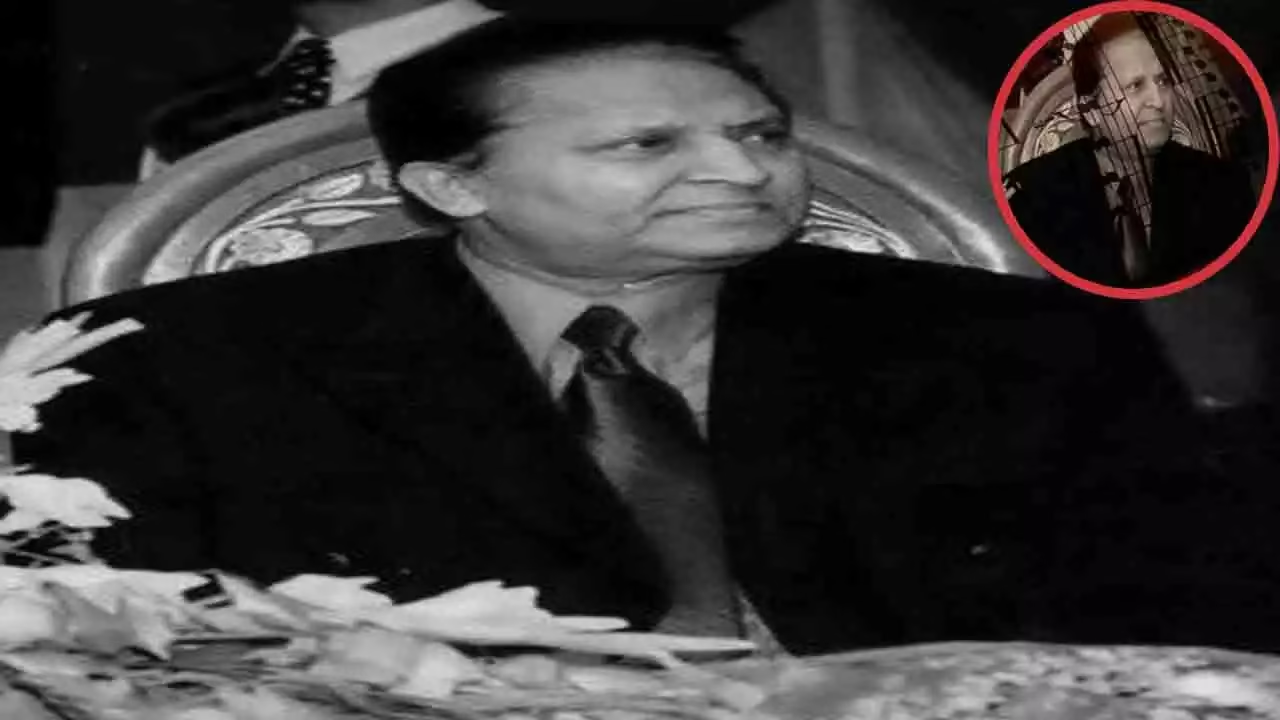Pakistani actress Sana Javed recently raised alarm after discovering a Sana Javed fake Facebook account that had been verified by Meta. Sharing her concerns through an Instagram story, she warned fans that while one of the Facebook profiles featured her real pictures, the other was a fraudulent account. The actress expressed surprise and concern over how such a fake page could receive verification status from Meta, a company that claims to prioritize user safety and authenticity.
The Emergence of the Sana Javed Fake Facebook Account
Sana Javed came across two accounts using her identity on Facebook, one of which was verified. She shared screenshots on Instagram to make fans aware of the situation. According to her, the fake profile not only used her photos but also made posts and statements that could mislead her followers.
The incident highlights the growing challenge of fake social media accounts, particularly those targeting public figures. In this case, the fact that the fraudulent account received a verified badge raised serious questions about Facebook’s verification system.
Why Fake Social Media Accounts Are Dangerous
The case of the Sana Javed fake Facebook account is not an isolated one. Fake accounts are often created to exploit a celebrity’s popularity. Such profiles may spread false information, scam followers, or damage reputations. In some cases, these accounts are used for financial fraud, phishing attempts, or even political manipulation.
A 2023 report by Statista revealed that Facebook removed 1.7 billion fake accounts in just the first quarter of 2023, underscoring the scale of the problem. However, the fact that some still slip through the cracks—like in Sana Javed’s case—shows the loopholes in current detection and verification methods.
Meta’s Responsibility in the Verification Process
Verification badges are intended to assure users that an account genuinely belongs to the person or organization it represents. The discovery of a Sana Javed fake Facebook account with a verified checkmark undermines user trust in this system.
Sana herself questioned, “I wonder how my fake Facebook page was verified by Meta?” This statement reflects the frustration many celebrities feel when social media platforms fail to protect their identities. If even verified accounts can turn out to be fake, it raises serious concerns about platform accountability.
The Actress’s Response to the Fake Account
Sana Javed acted quickly after identifying the fake account. She reported it to Meta, informed relevant authorities, and urged her fans not to engage with or believe any content coming from the fraudulent page. Her proactive approach is an example for other public figures facing similar issues.
This case reinforces the importance of public awareness. Fans and followers must double-check accounts before trusting posts, especially when it involves sensitive statements or endorsements.
Broader Impact on Celebrities and Fans
The issue of Sana Javed fake Facebook account is part of a larger problem affecting not only Pakistani celebrities but global public figures. Fake accounts harm both the person being impersonated and their fans. For celebrities, it risks reputation damage, misinformation, and emotional stress. For fans, it can mean financial scams or being misled by false content.
Research from the Global Anti-Scam Alliance (2024) found that over $1.2 billion was lost globally in scams involving fake social media accounts. These figures show how impersonation is not just a nuisance but also a financial and security risk.
Preventing Fake Accounts: What Needs to Be Done
To address cases like the Sana Javed fake Facebook account, platforms such as Meta must strengthen their verification systems. This includes:
- Implementing stricter identity verification for accounts applying for the blue check.
- Using AI-driven detection tools to identify patterns of impersonation.
- Responding faster to user reports of fake accounts.
- Educating users on how to spot fraudulent profiles.
Celebrities can also take preventive measures by maintaining official accounts across all major platforms, so fans can easily distinguish real profiles from fake ones.
The case of the Sana Javed fake Facebook account sheds light on the urgent need for stronger safeguards against impersonation on social media platforms. While Sana acted quickly by reporting the fake profile and informing her fans, the bigger question remains: how could a fake account receive verification in the first place?
With millions of users relying on social media for authentic updates, platforms like Meta must take greater responsibility to protect both public figures and ordinary users. Until then, awareness, caution, and timely reporting will remain the best defenses against fraudulent accounts.



